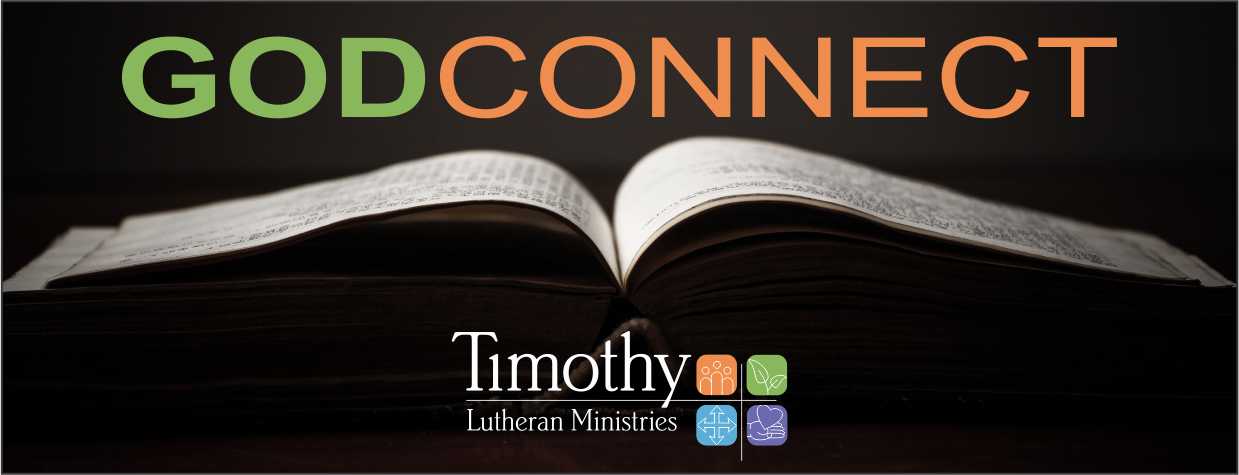“When Jesus had received the sour wine, he said, ‘It is finished,’ and he bowed his head and gave up his spirit.” (John 19:30 ESV)
For Christ also suffered once for sins, the righteous for the unrighteous, that he might bring us to God, being put to death in the flesh but made alive in the spirit” (1 Peter 3:18 ESV)
Today we pause to engage with Good Friday, the day Jesus died.
“And at the ninth hour Jesus cried with a loud voice, “Eloi, Eloi, lema sabachthani?” which means, “My God, my God, why have you forsaken me?” (Mark 15:34 ESV)
Take a few moments to let your imagination fill your mind with images of what you already know and can picture about the crucifixion of Jesus.
On the cross, Jesus invoked the words of Psalm 22.
“My God, my God, why have you forsaken me? Why are you so far from saving me, from the words of my groaning? O my God, I cry by day, but you do not answer, and by night, but I find no rest.”
This is a mighty mystery and a weighty word: the Son of God forsaken by God the Father. Jesus could not have been cut out of the eternal trinity. Nor could he have been out of the Father’s love or unsupported by the Holy Spirit. Nevertheless, he was truly forsaken. He did not just feel forsaken but was forsaken. He became sin, bore the curse and drank the full cup of God’s wrath.
Take a moment to imagine the weight of Jesus being forsaken. Try to wrap your mind around the Son of God becoming sin, the ultimate blessing taking the ultimate curse and the true judge willfully receiving undeserved wrath.
A prophecy about Jesus: “Therefore I will divide him a portion with the many, and he shall divide the spoil with the strong, because he poured out his soul to death and was numbered with the transgressors; yet he bore the sin of many, and makes intercession for the transgressors.” (Isaiah 53:12 ESV)
Jesus did not bear some faint relation to sinners. He was made a sinner. He was numbered with the transgressors. The holy Son of God stood as a condemned man before his holy Father.
“For our sake God made him to be sin who knew no sin, so that in him we might become the righteousness of God.” (2 Corinthians 5:21 ESV)
Not only was Jesus numbered among the sinners; he became sin for us. Jesus became sin, condemned to bear its curse. He had no cover. None could serve as his advocate. Nothing could be offered as his expiation. He had to bear all, and God would not – could not – spare him – till the ransom was paid in full.
It is a sobering fact to realize that Jesus had to endure such a heinous punishment because our sin is, in fact, so much more heinous than we know. How regularly do we disregard the weight of sin? How often do we excuse our transgressions without remembering the cost of their forgiveness? Take a moment to lament, confess, repent and pray over the little regard you give your sins and the cost it took to pay for them.
As Jesus was on the cross, he was experiencing, in one tiny point in space and in one tiny moment in time, all that sin deserved. In human nature, he suffered the fury of Hell. But then, suddenly, it was over. The sacrifice was complete.
“When Jesus had received the sour wine, he said, ‘It is finished,’ and he bowed his head and gave up his spirit.” (John 19:30 ESV)
We would never have been able to say the words Jesus said. We would never have been able to say, “It is finished. I’ve done enough to pay for my sins.” Instead, the only thing our works earn us is death. Jesus, as the sinless sacrifice, was not paying for his sins, but for the sins of all who would believe in him. He finished the work we never could.
For Christ also suffered once for sins, the righteous for the unrighteous, that he might bring us to God, being put to death in the flesh but made alive in the spirit” (1 Peter 3:18 ESV)

